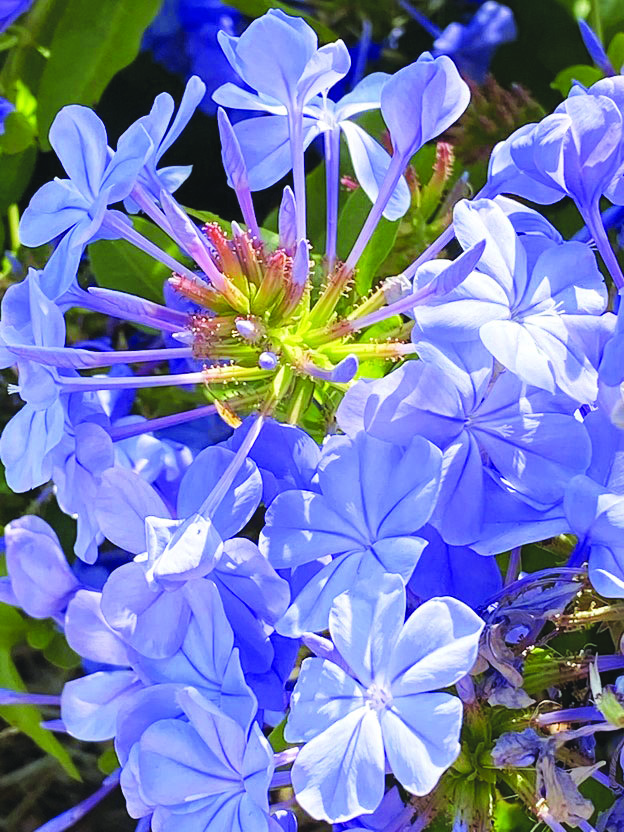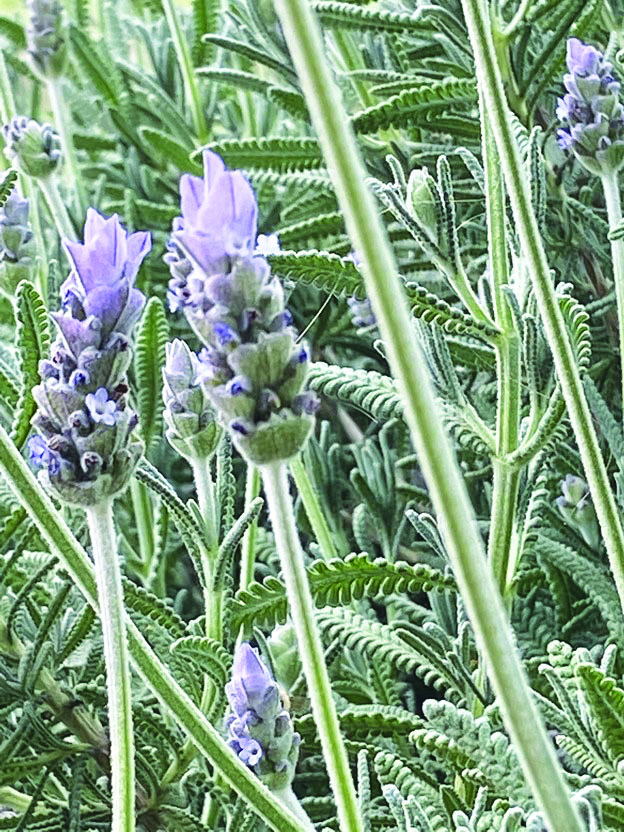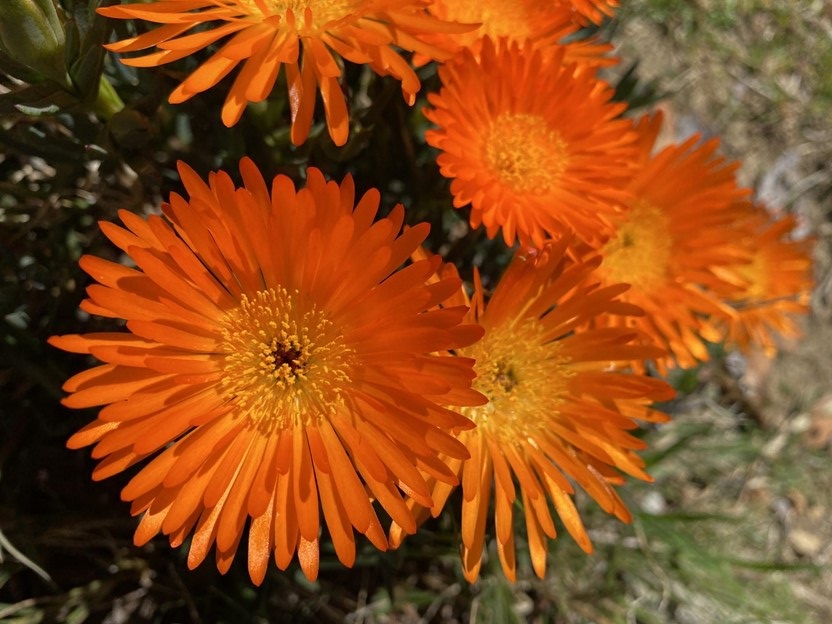
Alongside the stuffing and mashed potatoes, November traditionally turns our focus toward a helping of gratitude. Being mindful of what we are grateful for can have many benefits that impact our happiness and sense of well-being.
Studies show that a practice of gratitude allows us to feel more resourced and fulfilled. According to psychologist David DeSteno of Northeastern University (author of Emotional Success: The Power of Gratitude, Compassion, and Pride), practicing gratitude can amplify our commitment to personal goals that require delayed gratification, make us more likely to want to give to others, and even increase our likelihood of intervening when someone is being marginalized or bullied. As social beings, giving to others, self-control, and protecting one another have all been evolutionarily beneficial and our brain chemistry actually rewards such behavior with a boost in mood. Integrating these small habit changes can allow gratitude to become a practice in our daily lives.
Notice the little things
There are so many beautiful things around us that we often take for granted. Spending a minute, several times a day to notice what is beautiful around us amplifies a sense of wellbeing. Acknowledging the breeze, a beautiful tree, the song of a bird, or the smell of our morning coffee can accentuate feelings of gratitude. This simple practice can serve as an affirmation of the goodness around us.
Make time for hobbies

Crafting, gardening, dancing, or playing an instrument are some examples of things that can help us feel immersed in the present moment. Carol Kauffman, an assistant clinical professor at Harvard Medical School said to the New York Times, “When you’re really engaged in a hobby you love, you lose your sense of time and enter what’s called a flow state, and that restores your mind and energy.”
Don’t forget how far you’ve come
Our past is filled with infinite alternate paths. Each tiny step has brought us to where we are now and taking a moment to reflect on all the near misses can shift our perspective to one of gratitude.
Watch your language
Our words frame our life. The way we choose to describe things creates a narrative that we unconsciously follow. Using positive language can reframe a situation, allowing us to see solutions and new possibilities.
Create a reminder ritual

Set an alarm on your phone to go off at regular intervals as a reminder to be mindful. Carry a token in your pocket that can serve to remind you to be grateful whenever you touch it. The longstanding tradition of saying Grace before a meal is a vital part of many different religious practices and provides a moment to reflect on gratitude. Whatever ritual we choose, having a reminder serves as a touchpoint that allows us to make gratitude a practice.
Meditate, breathe, get quiet, and spend time in nature
The science behind meditation is indisputable and has been found to create more resilience and to lessen anxiety. The very act of breathing consciously can change our outlook and broaden our perspective. Our lives are structured around technology which, for all its conveniences, has imposed a faster pace on the world we live in. Spending more time in nature can reset our nervous systems and make way for reflective thought.
Reach out to someone that you are grateful for

It is easy to get caught up in our busy lives and forget to keep up with people that we value. It can boost our mood to take the time to voice our thanks to those who have made a difference.
Take time to connect with your body
A walk, some yoga, a massage— there are so many ways to care for your body and to feel grateful for all it can do. Cultivating a positive mental state can have a profound impact on our health.
Do something for someone, ideally a stranger

The ‘helper’s high’ you get when performing an act of kindness has been linked to the release of oxytocin and serotonin. It feels good, and kindness is contagious.
Smile
It is scientifically proven that your brain chemistry changes for the better when you smile. Even with a forced smile, facial muscles trigger the amygdala to release neurotransmitters which encourage an emotionally positive state of mind.
If we attach these small moments to our daily rhythm, we can fill our waking hours with a sense of wonder for all we have which optimizes our experience of being right where we are.

All photos by Claire Chapman




